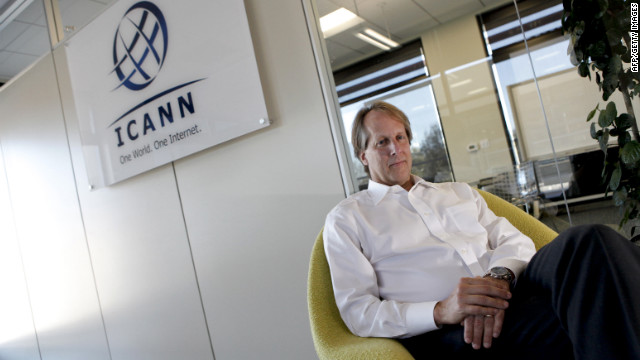At the beginning of August I wrote about the long-running saga of terrorists’ victims who are pursuing ‘state sponsors of terrorism’ (specifically, Iran, Syria, and North Korea) through the US courts for damages for the injuries they have suffered.
Several years along that path they managed to obtain Writs of Attachment in the Federal court district in Washington (D.C.) courts ordering that the ccTLDs of those respective countries be seized in part-payment of the damages they are owed.
ICANN, fairly predictably, became involved at this point. It went to Court in DC asking that the Writs be quashed. It appeared to based its argument on a number of points, starting with the theory that TLDs are different from other domain names, and are not property. See my earlier article..
Federal courts apply the law of the State in which they sit, on matters such as asset seizure.
The Court ruled on the 10th November and the full judgment has just become available.
ICANN has been successful in quashing the Writs attaching the TLDs.
However, as any legal observer will tell you, the actual outcome of a case is not that important (except to the winners and losers!). What is important is the legal reasoning; the rationale and the dicta.
In other words, on what legal principles is a judgment made. Does it create new law, for example, which can bind the decisions of future courts (‘binding precedent’). And are there any other legal principles discussed: these can form what are called ‘persuasive precedent’ and/or obiter dicta).
Well, in this case, the outcome seems to turn on fact, rather than any estoteric legal principle.
The Court appears to have found as fact that the domain names that had prospectively been seized by the Plaintiffs (Claimants) had the nature of a contractual right.
What this means for the Plaintiffs is that under the statute law of DC, rights arising under a contract cannot be seized as part of a judgment. This technicality means that the Court did not have to rule whether ccTLDs are property or not: it just had to be satisfied that, if it were property, it was not the sort of property that the relevant law (statute) allows to be seized by a creditor (in D.C.) , which ICANN has fairly easily been able to show.
Other commentators (e.g. the DomainPulse people) have written the court has ruled that ccTLDs are not property. This turns out to be incorrect.
[DomainPulse updated and revised their coverage since this was written and they have now corrected this.]
Interestingly, the Court chose explicitly to say in the judgment that it has not decided that ccTLDs were not property.
On page 8 of the judgment, in footnote 2, the Court says: “The Court notes that judicial decisions have found domain names to be a form of intangible property. See e.g. Kremen v Cohen 337 F.3d 102,1030 (9th Cir 2002). But the conclusion that ccTLDs may not be attached in satisfaction of a judgement under DC law does not mean that they cannot be property.”
This appears to give us a clue that the Court might have considered that ccTLDs are no different to gTLDs and no different to domain names such as SEX.COM (which was the property at issue in Kremen v Cohen).
It simply found that ccTLDs were, like other domain names, in the nature of a contractual right, which under DC law cannot be seized by creditors.
As this was sufficient to dispose of the current application, no binding ruling has been issued, so another court could decide either way. But from the above quote, it’s fairly clear that the court clearly seems to think that Kremen v Cohen would have been relevant if it had had to decide whether TLDs are property.
 t) n.
t) n.
![Fadi Chehade portrait[1]_2](http://nigel.je/wp-content/uploads/2013/02/Fadi-Chehade-portrait1_2.jpg)
 It’s easy to throw rocks at ICANN, which has once again good-naturedly blundered into a hornet’s nest. So I won’t.
It’s easy to throw rocks at ICANN, which has once again good-naturedly blundered into a hornet’s nest. So I won’t.